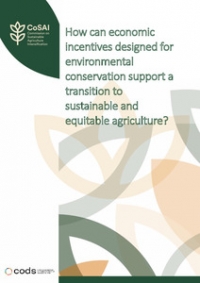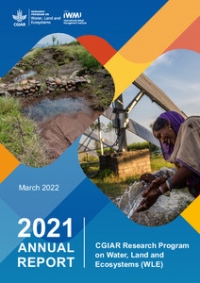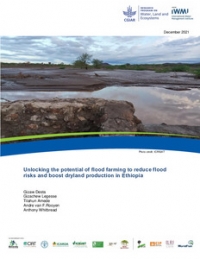Operationalizing the concept of resilience (i.e., the ability to withstand change, stresses and shocks) poses significant challenges for project managers, particularly when it comes to reporting impact. Therefore, a group of scientists has developed a monitoring instrument that can assist leaders of development projects in agriculture to efficiently track changes in resilience.
The instrument makes a basic assumption that an improvement in ecosystem resilience equals impact and will ultimately yield an improvement in human well-being. Along with changes to ecosystem services, the tool proposes two other ‘categories’ of project outcomes that underpin farm-level resilience: increasing capacity of people to adapt and enhanced livelihoods and farm functioning.
By establishing a hierarchy of categories of project outcomes, the tool allows implementers to both measure indicators that are specifically relevant to their context and to report aggregated global results in the form of the number of people whose resilience has improved. Further, implementers can input data they have already collected, facilitating tracking and reporting of changes in resilience while considering the scarcity of time and information typical of development initiatives.
The instrument can be used to inform decisions on program planning and management where the program goal is to enhance the resilience of communities, to better manage ecosystem services and to create positive and sustainable development impacts.
























